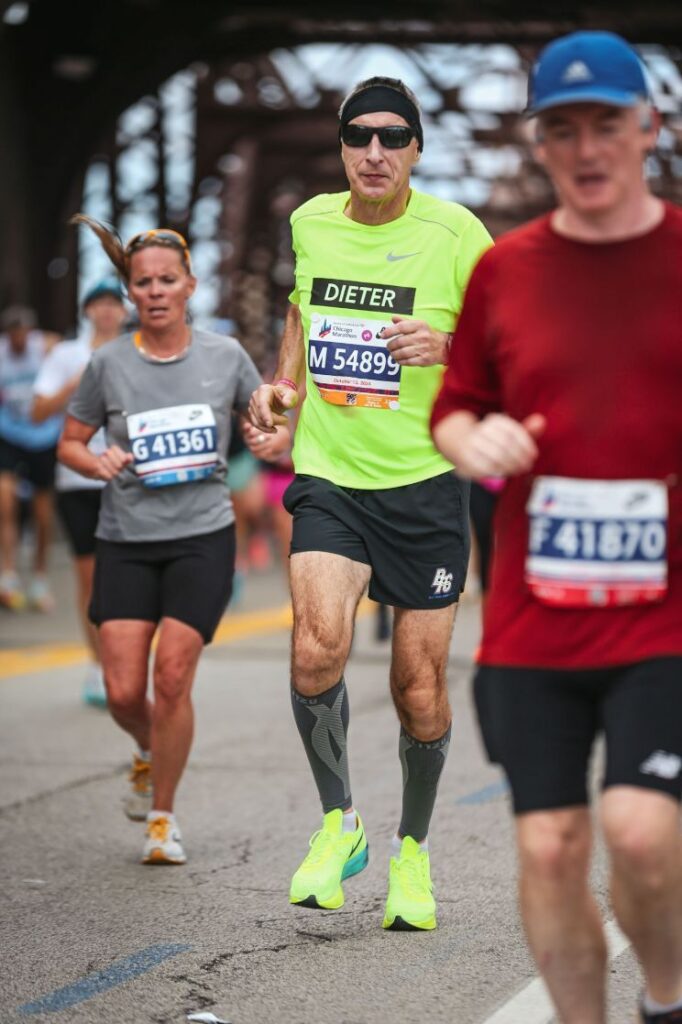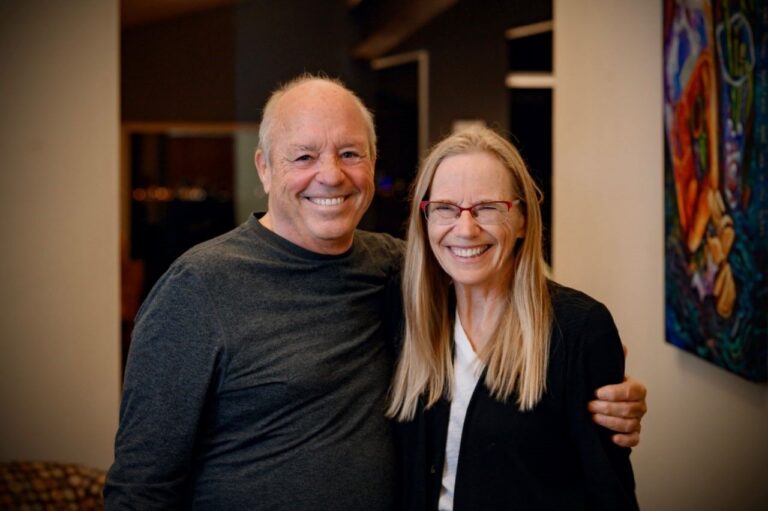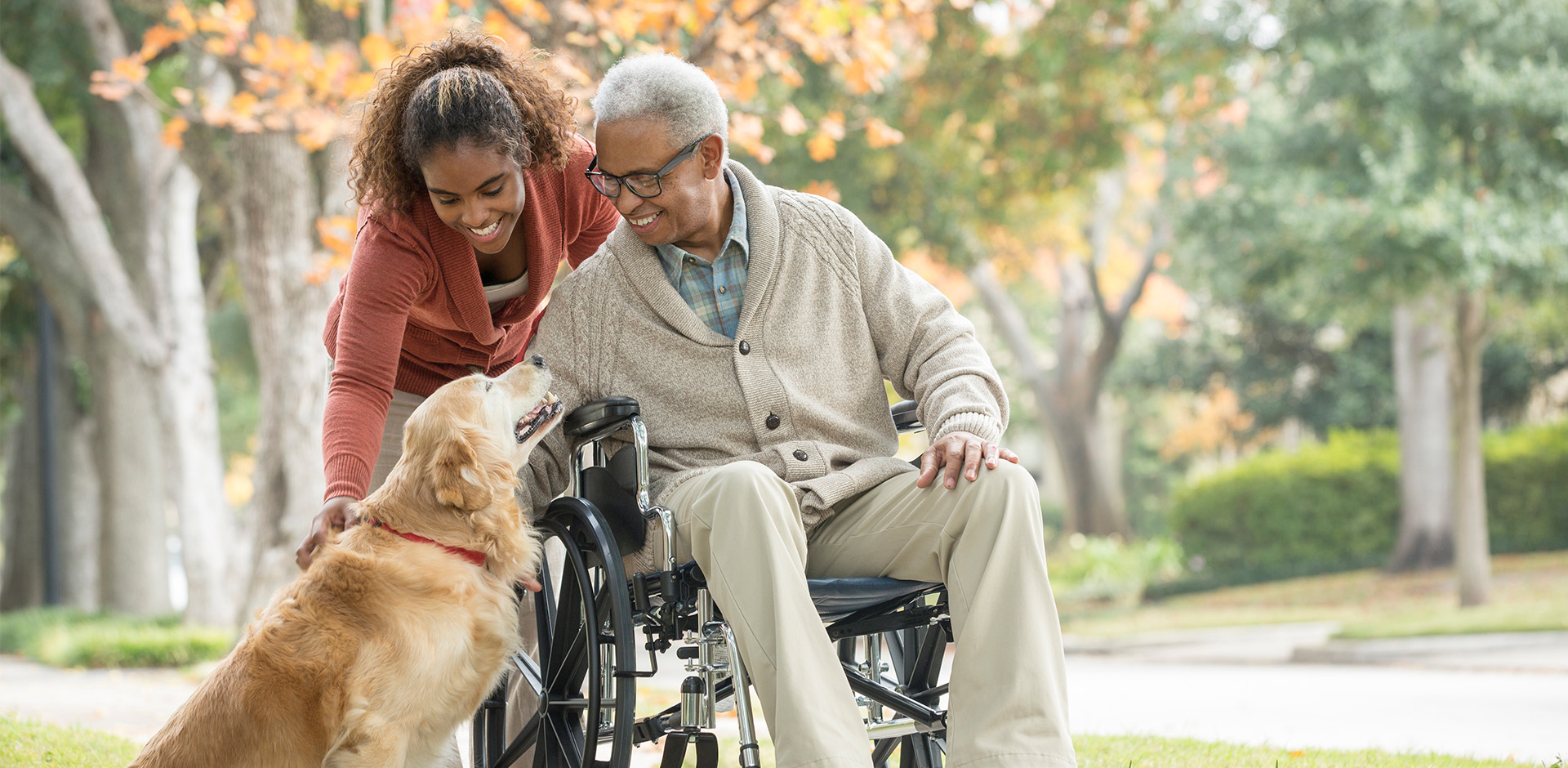Meet Margot Marsh
Meet Margot Marsh; she has been through a lot over the years. She moved many times over her lifetime, mostly for other people. She has been married and divorced, raised children, restarted a career and dealt with long-term chronic pain from peripheral neuropathy. But she will be the first to tell you, if she has learned one thing, it is to be adaptable.
FPN: Tell us about yourself.
Margot: I moved around growing up, first for my father’s job, and then for my own education. We lived in Chicago, Pittsburgh, and Birmingham. I have a master’s degree in sociology. So when we moved to Philadelphia for my husband to go to medical school, I started working for the Philadelphia Commission on Human Relations investigating discrimination in housing and employment. After a few more moves for my husband’s medical training, we ended up in Tacoma, WA. I ended up working as a para-professional in local schools part-time while I raised my children. Because I’ve moved so many times, I have learned to adapt to new environments and situations.
FPN: How did your peripheral neuropathy diagnosis come about?
Margot: I was diagnosed with fibromyalgia 40 years ago by a rheumatologist. I started jogging, because I wanted to show that you could be fit even with this illness. My peripheral neuropathy symptoms started 30 years ago. My rheumatologist had never heard of neuropathy, so he suggested I see a pain management doctor. At that point, the pain was overwhelming. I couldn’t stand for any length of time. I couldn’t walk down the driveway and back. My pain management doctor prescribed gabapentin at a high dose. This saved my life as it gave me back my ability to function.
FPN: How do you manage your PN?
Margot: After my divorce, I went back to school to get a teaching degree. I was able to get a ½ time teaching position. The principal was very supportive, and I was able to keep that job for 15 years. I eventually started having issues with dry eyes and mouth, and I was on a lot of medications at that point. I retired when I felt I could no longer do the job well due to my neuropathy.
My feet are my biggest problem, their sensitivity to cold and to pressure. I find it hard to keep my body warm. I can’t wear shoes. But I find it helpful to always wear wool on my feet to help retain heat. Now I wear fleece slippers almost exclusively. I finally saw a neurologist, who took a biopsy and changed my medication, moving from gabapentin to pregabalin* to manage the pain, which seemed to work better for me. A new doctor prescribed methadone, which has really helped control my nerve pain. And the key to managing my condition is walking. Keeping active and not letting myself get isolated was the best way to stay positive.
FPN: What advice would you give other PN patients?
Margot: I keep a gratitude list and have a walking partner to ensure I stay active. My supportive church community and moving closer to my kids and grandkids have been invaluable. Maintaining a positive attitude and avoiding isolation is crucial. I’ve seen multiple doctors and tried various medications to find what works best. I advise others to do the same—trial and error until you find relief. Exercising with PN can be challenging, but I discovered a free online senior fitness program. You can exercise while sitting and watching TV. I lift weights three times a week while seated. Staying active, even minimally, improves both mental and physical well-being. Don’t give up.
FPN: Thank you, Margo, for sharing your story with us!
*The Foundation for Peripheral Neuropathy does not endorse any specific medication. FPN encourages patients to consult with their doctor regarding medications and all treatment options.







